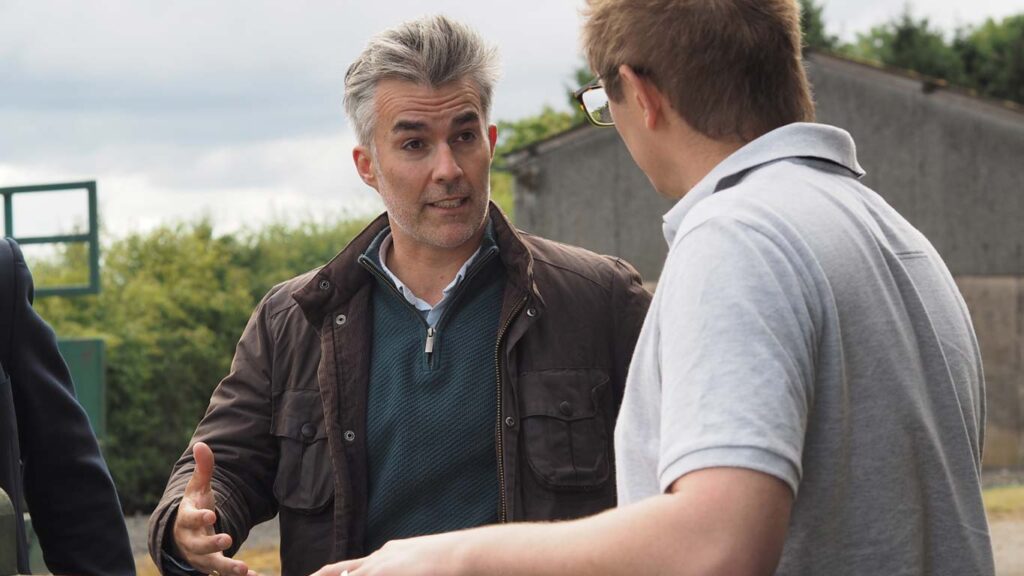New study finds half of Yorkshire farmers not profitable
 David Skaith © York and North Yorkshire Combined Authority
David Skaith © York and North Yorkshire Combined Authority Half of farmers in York and North Yorkshire are not making a sustainable profit, a new study has highlighted.
The study, commissioned by the mayor of York and North Yorkshire, David Skaith, and conducted by Strutt & Parker, showed that less than half of the 7,000 commercial farms in the region make sustainable profits, with many relying on income generated off-farm.
Mr Skaith said that given the uncertain world, it was more important than ever to support the farmers who fed the nation.
See also: How to bolster financial resilience on farm
“When our farmers stop making money, they aren’t the only ones who suffer,” he said. “Our rural economy, from feed merchants and vets to local shops, schools and pubs, all struggle.”
“From Yorkshire builders to vets and feed merchants, fencers, machinery dealers and tool manufacturers, there’s been talk of calls drying up and order books looking sparse for the rest of the year as their customers – county farmers – face a cash flow and confidence crisis,” said NFU president Tom Bradshaw.
The Union president added that just as family farm businesses stand to be crippled by the proposed tax, volatile weather and other factors, businesses within the wider agricultural space were already seeing the impact and others may soon find themselves under crushing pressure too.

David Skaith (left) with NFU President Tom Bradshaw at the Great Yorkshire Show © Tim Scrivener/NFU
The report also highlighted the increasing impact of climate change on farmers.
While the effects vary widely between farm types, in recent years wet winters and dry summers have had a major impact on the output of farms.
Following those trends, the report calculated that farms may see a 20% reduction in output, which would effectively wipe out all the current annual profits of £387m – most of which is generated by cereals, general cropping and dairy farms.
The study therefore calls on the York and North Yorkshire combined authority to support farmers to embrace change and build resilience.
Recommendations include sharing best practice on farming, exploring further devolution around food and farming programmes, and helping farmers transition to farming systems that are profitable, have low carbon emissions and support nature.
Mr Skaithe added that despite the challenges, there were opportunities, and with the right support, designed with farmers, the financial outlook on farms could be improved.
“My message is simple: farming matters. We’re backing our farmers, because when they thrive, so does the nation,” he said.
